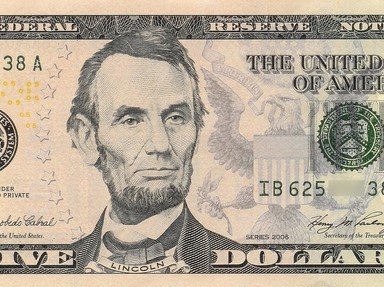Quiz Answer Key and Fun Facts
1. "I was a right good hand at punching."
2. "...but my boss always wanted to crawl his hump."
3. "So I lit a shuck."
4. "But my horse boiled over, and I chewed gravel."
5. "I got drygulched."
6. "It was obvious my boss was a chiseler. I sure wanted to give him Jessy."
7. "I made it to a dice house."
8. "I wanted to get full as a tick, when I saw my boss."
9. "He drew on me, though I shouted 'Pull in your horns'."
10. "I made my Jack."
Source: Author
lordprescott
This quiz was reviewed by FunTrivia editor
ponycargirl before going online.
Any errors found in FunTrivia content are routinely corrected through our feedback system.

